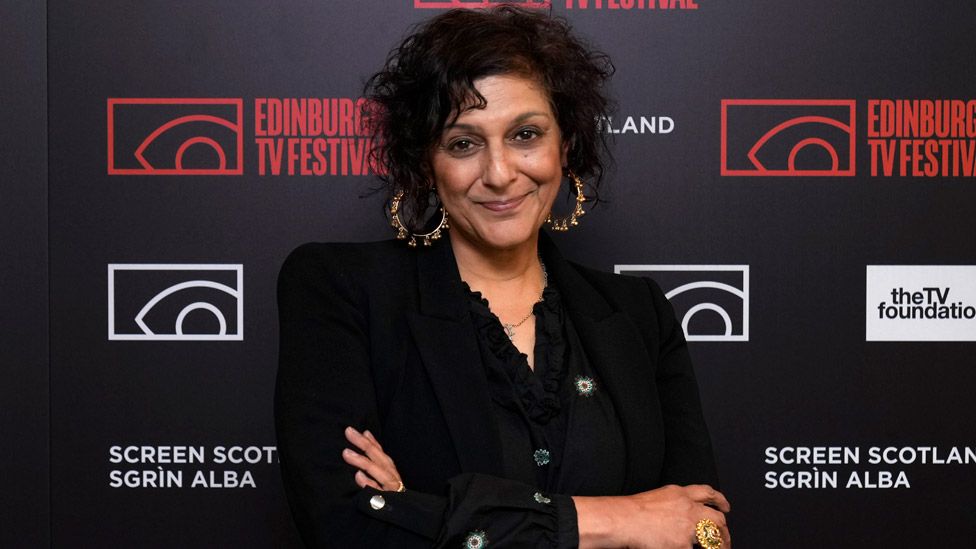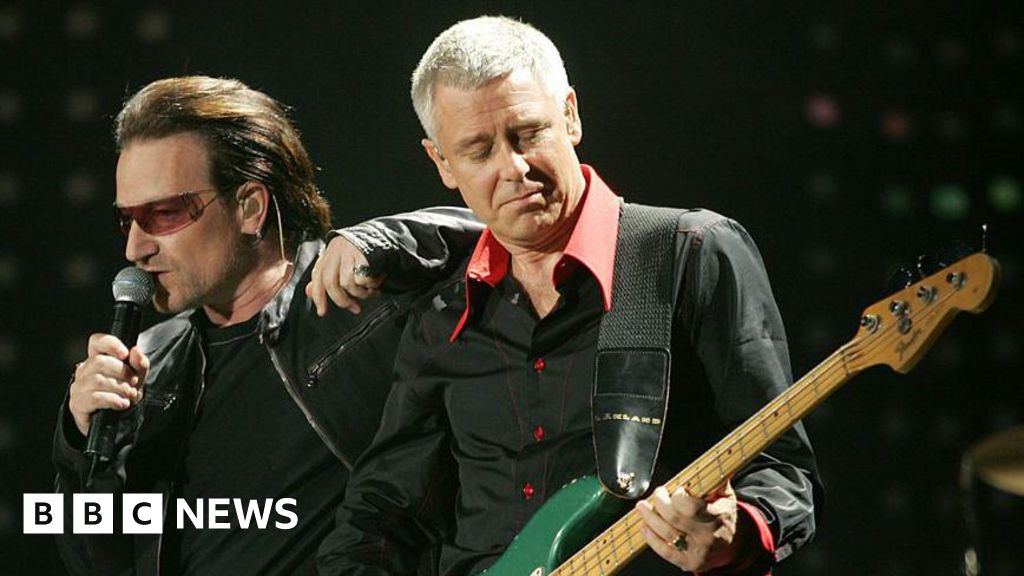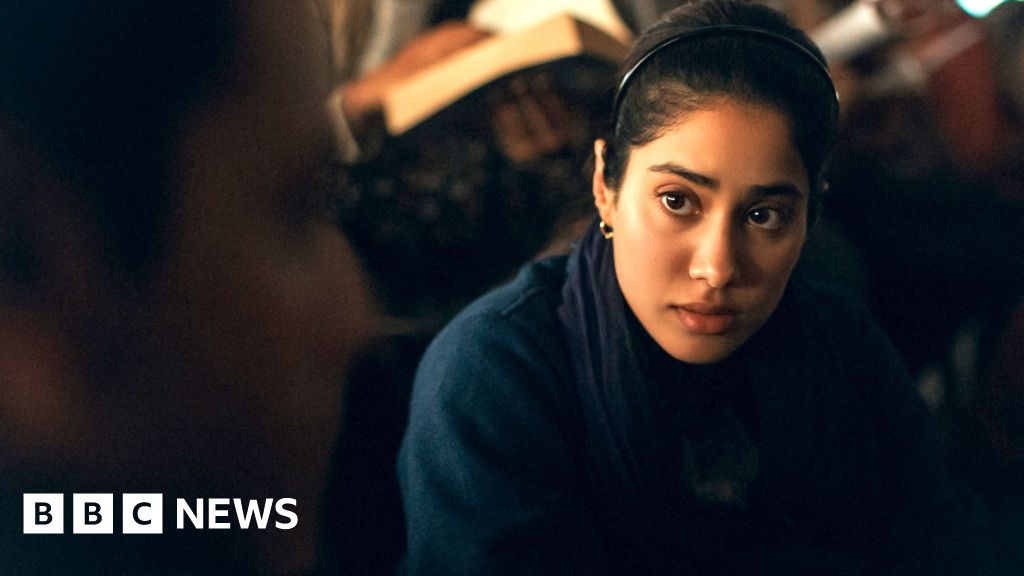ARTICLE AD BOX
 Image source, Stuart Wallace/Shutterstock
Image source, Stuart Wallace/Shutterstock
Syal said she worried that "things aren't changing fundamentally" in the TV industry
By Ian Youngs
Entertainment reporter in Edinburgh
Meera Syal has said it is still hard to get authentic British Asian TV shows made, with executives more keen on stories about terrorists and grooming.
The comedian, actress and writer said it was "weirdly easier" to tell other stories when she started in the 1990s.
She made her name writing 1993 film Bhaji on the Beach and as part of sketch show Goodness Gracious Me.
While there have been improvements in on-screen representation, she's worried it's just "window dressing", she said.
Speaking at the Edinburgh TV Festival, Syal said: "Everyone's got their tropes about what our story should be. If it's a terrorist story or a grooming story, it will probably get made.
"It's much more difficult to get those horizontal, quirky, off-kilter stories [made] that only actually people that have lived that experience can tell."
Syal has spoken about wanting to write stories about "disappointed women" like those she grew up around.
Syal said the stars of Goodness Gracious Me had to persuade BBC executives that British Asians could be funny
Syal recalled how the media and comedy scenes opened up to different ideas in the 1990s, saying a Film Four executive agreed to her idea for Bhaji on the Beach within about 15 minutes.
"Which is incredible. I think there was a sort of openness and a kind of hunger to go, 'We know that we haven't even tapped the reservoir of stories here' until I hit the industry at that time.
"So the first few years were probably easier than it is now."
'Stories being lost'
While the TV industry now says it is seeking new ideas, many good stories were being lost, she added.
"This is the thing that makes me so sad and frustrated. Everyone's looking for the next new thing and new voice. We're here. We haven't tapped the surface of the stories that we have.
"And unfortunately our parents, the great bringers of those stories, are all leaving us."
Image source, PA Media
Image caption,Syal received the Bafta Fellowship honour last year
This week's TV festival heard fears about channels having less money to commission shows because of an advertising slump and squeeze on the BBC licence fee.
"The money is running out [so] of course we get more risk averse, don't we?" Syal said. "Our kind of stories will be the first ones to be cut."
In terms of casting, "things really are changing and that's fantastic for all of us", she said.
"But I'm worried that it's window dressing and things aren't changing fundamentally in the power structures behind all that."
More from the Edinburgh TV Festival:
People from diverse backgrounds were still often not becoming producers, directors and others in positions of power, she said.
"What we seem to have is a glut of people on lots of entry scheme levels, where we're going to train you up. That's great but there's a huge bottleneck.
"How do you get those people to actually get their hands on the grit, the dirt, to learn their craft, to get in there, to have the room to make mistakes like everyone needs? So yeah, we do have a way to go."
Syal is also known for comedy show The Kumars at No 42, and has just been seen in Apple TV+'s new show Roar and Amazon's The Devil's Hour.
Last year, she received the Bafta Fellowship, the British film and TV academy's highest honour.

 1 year ago
36
1 year ago
36








 English (US) ·
English (US) ·